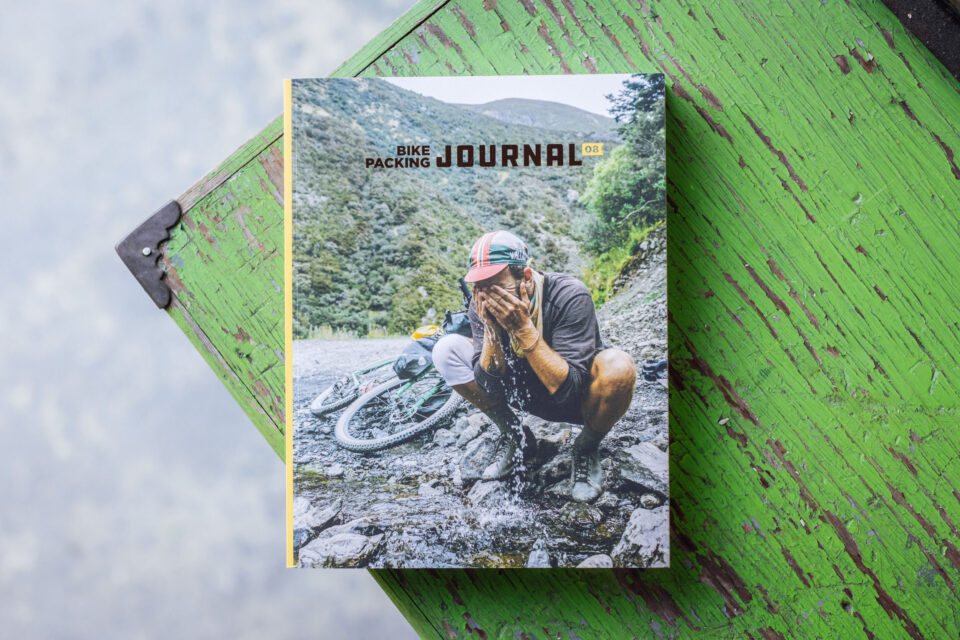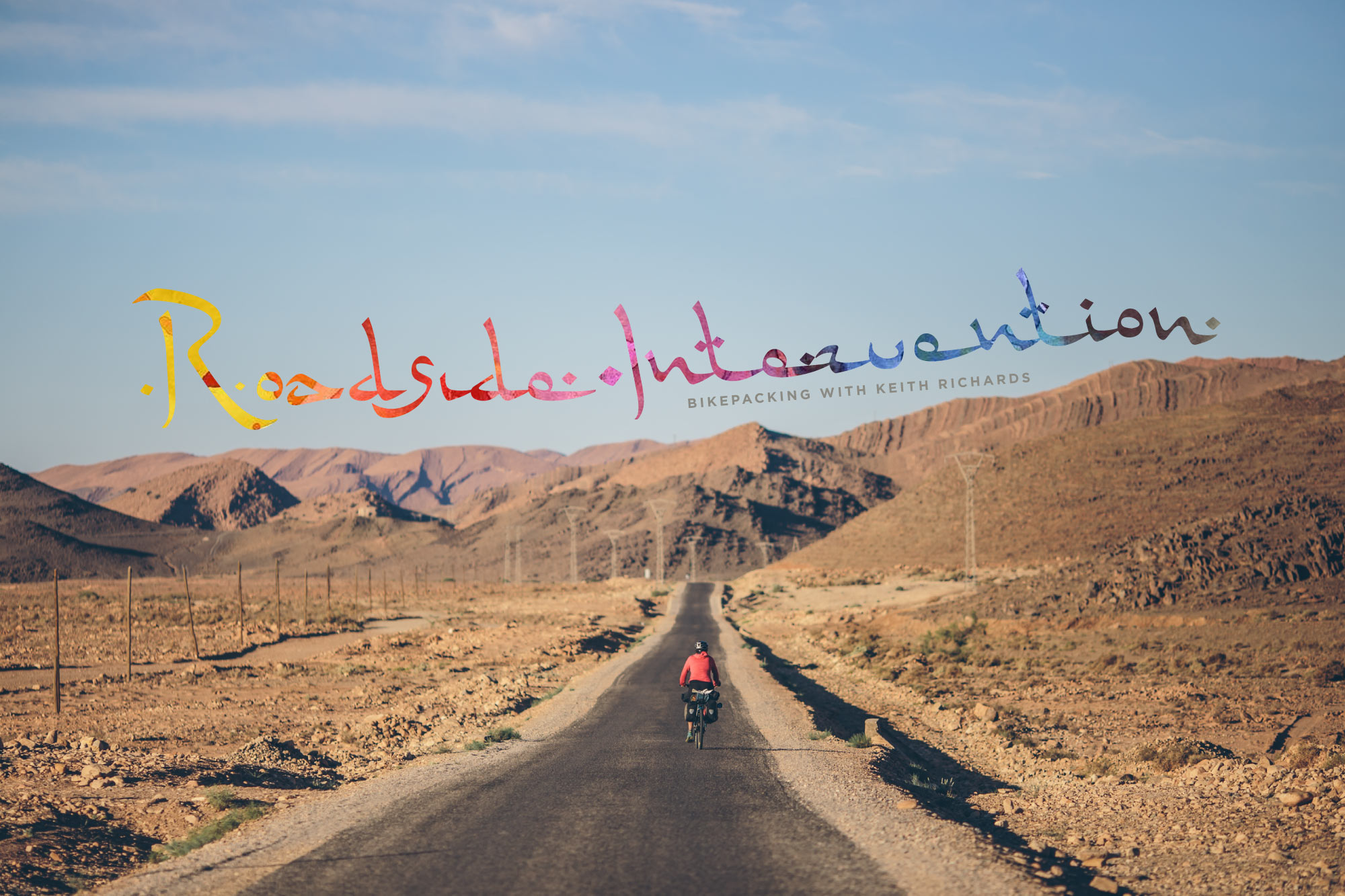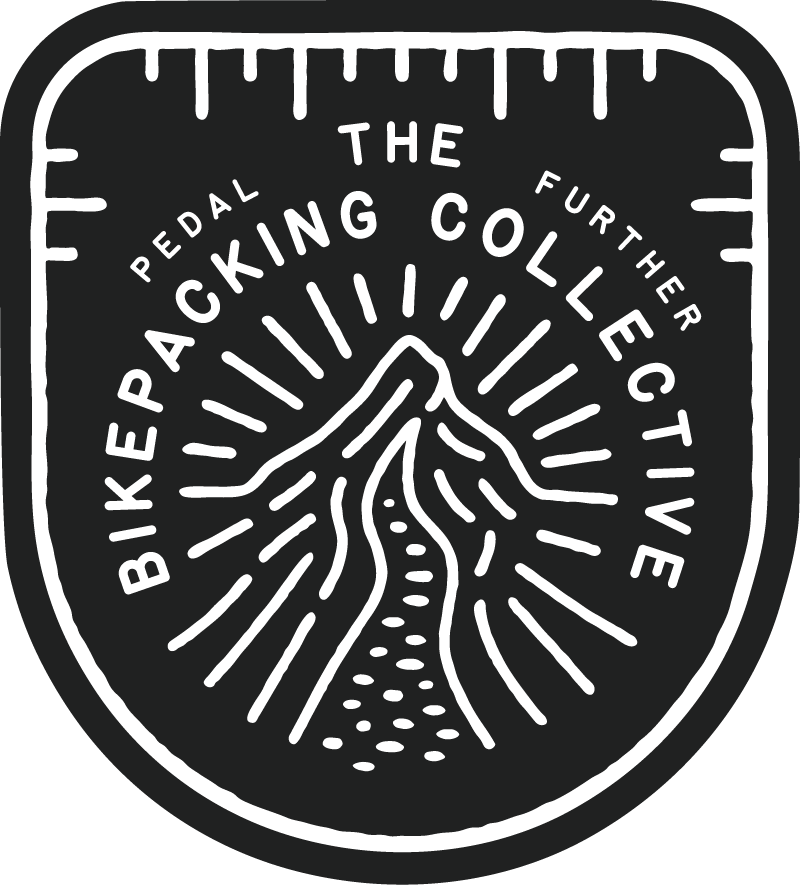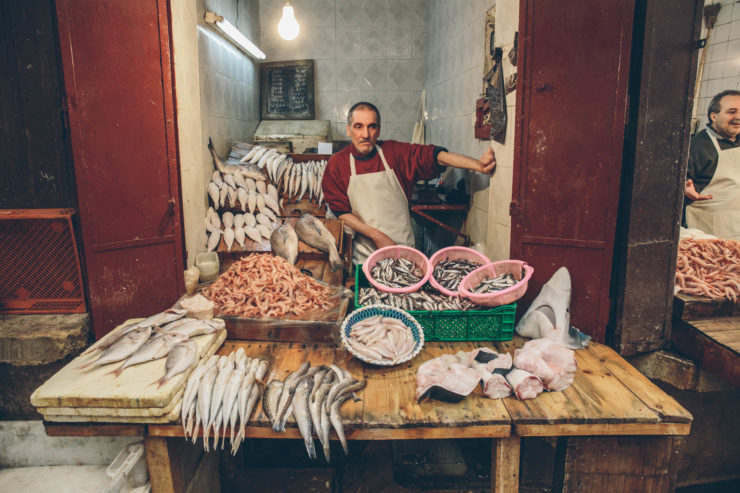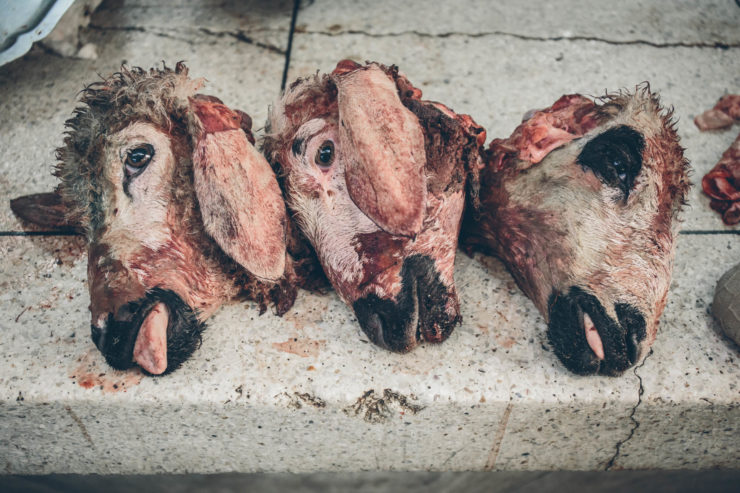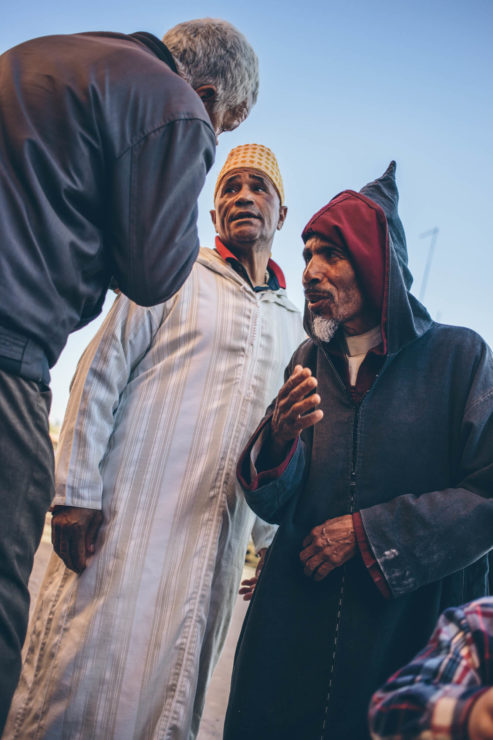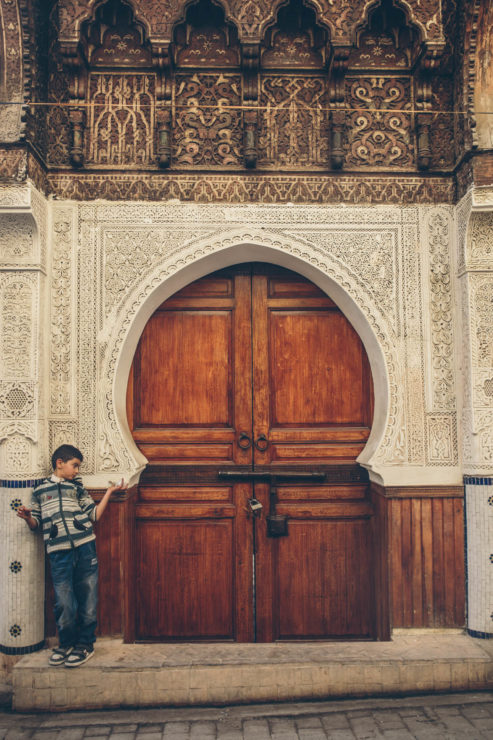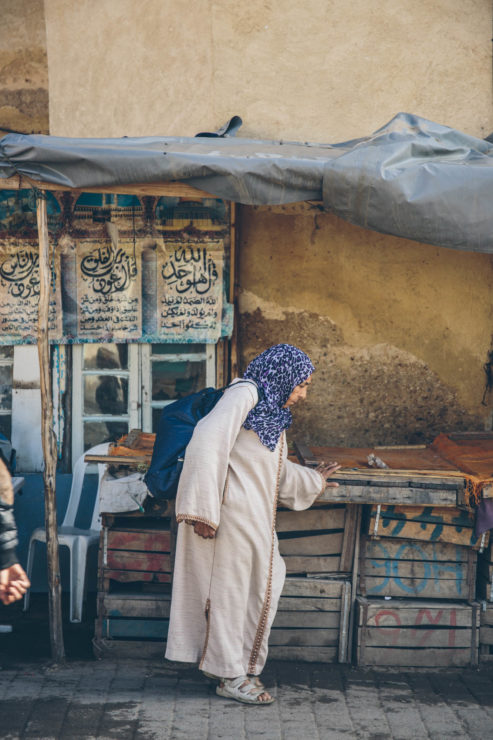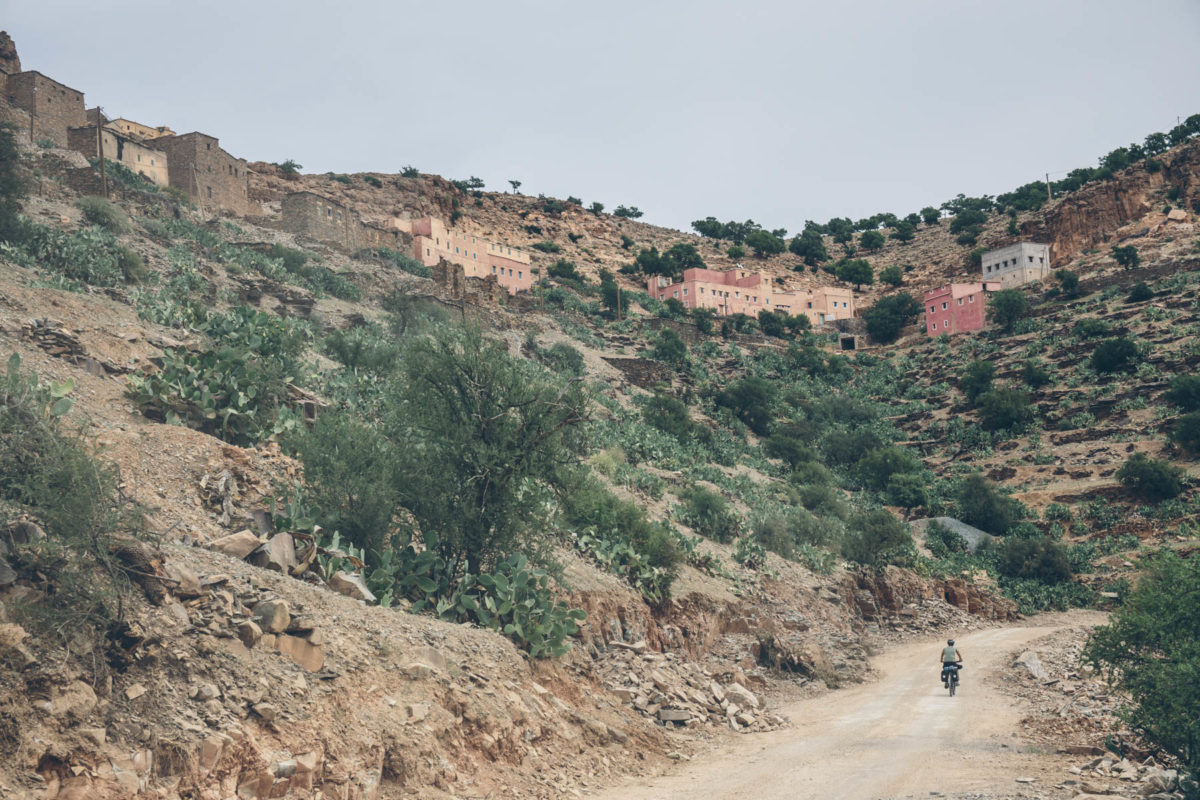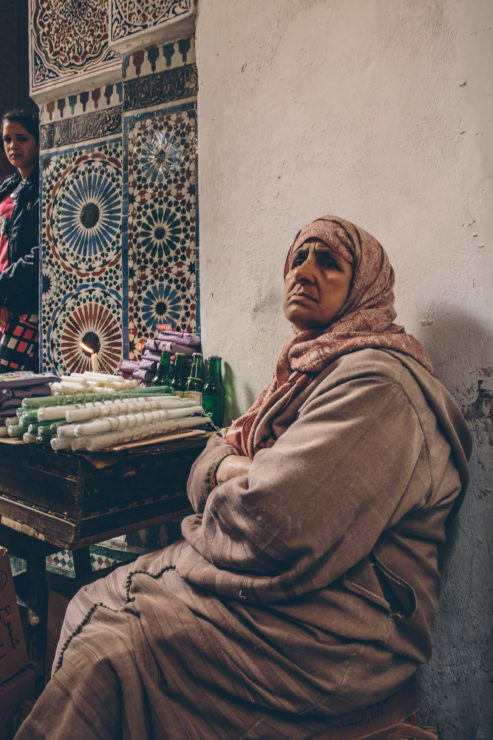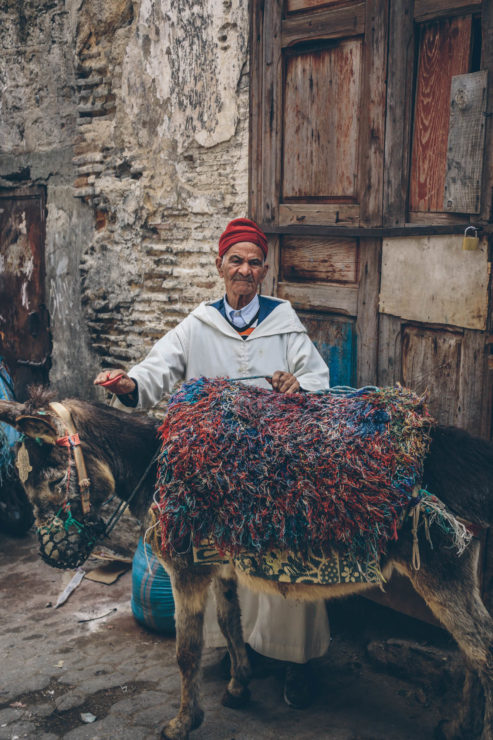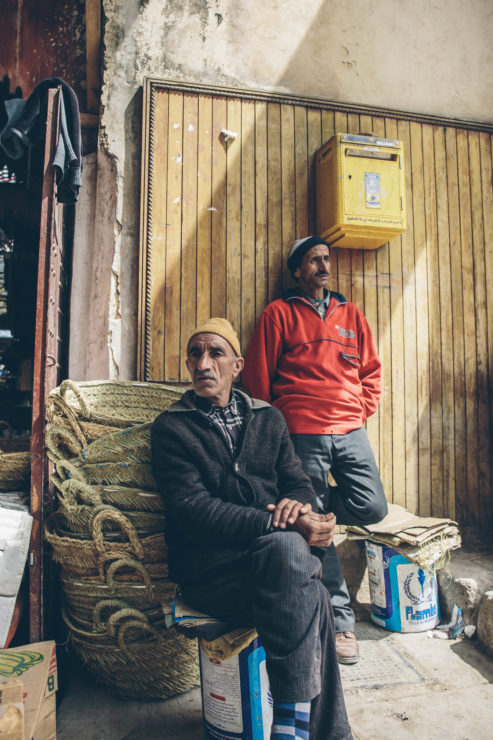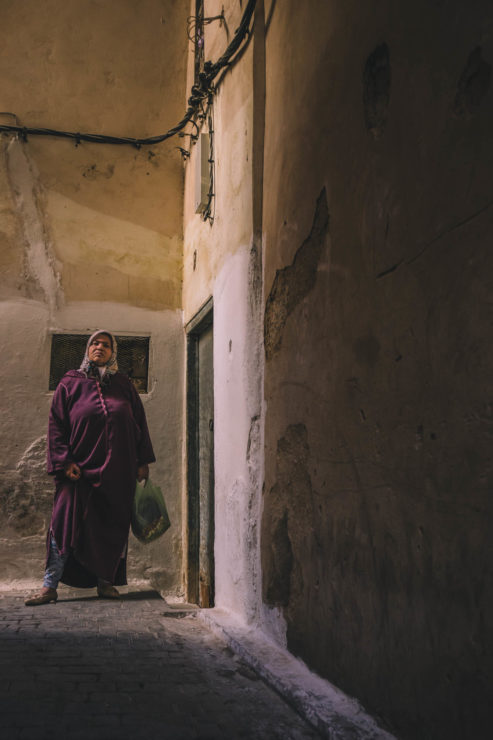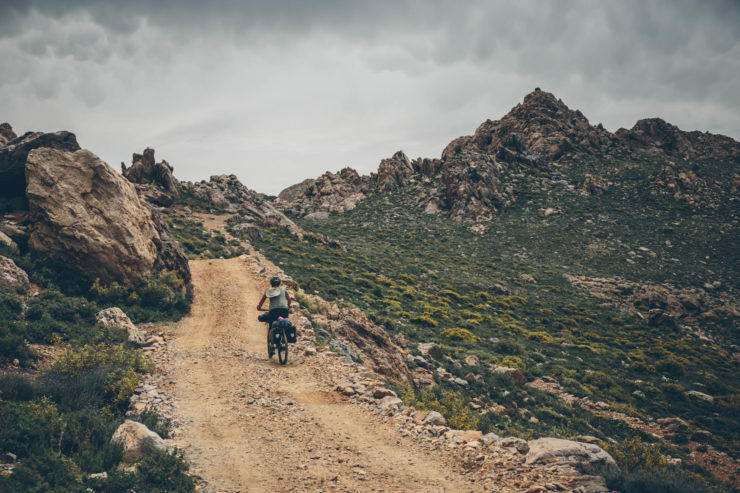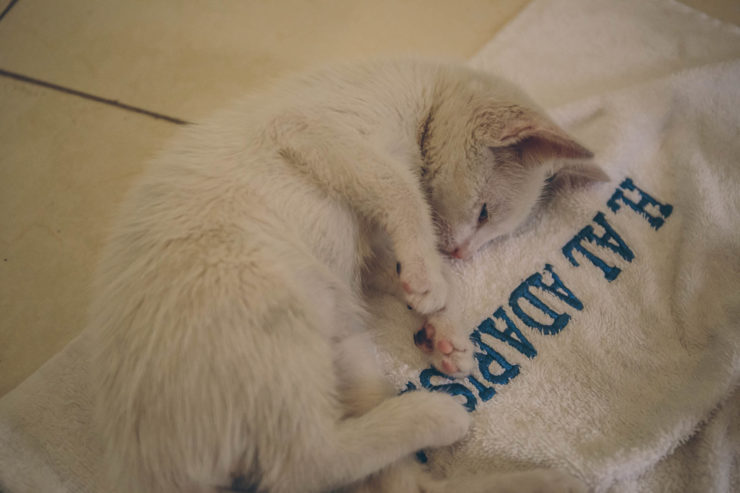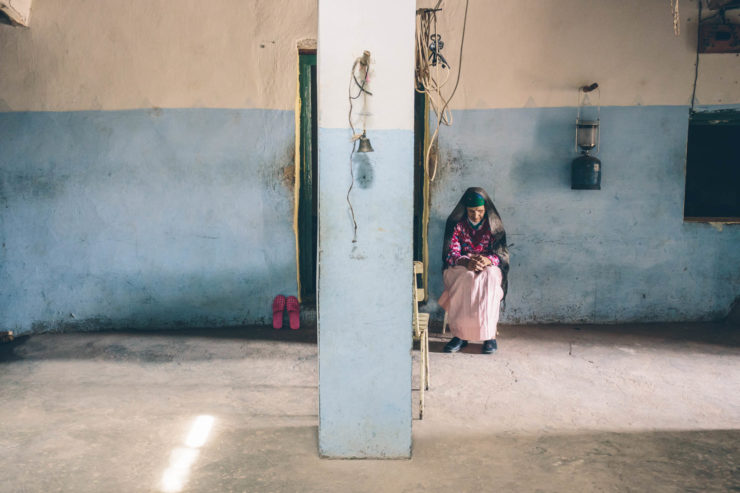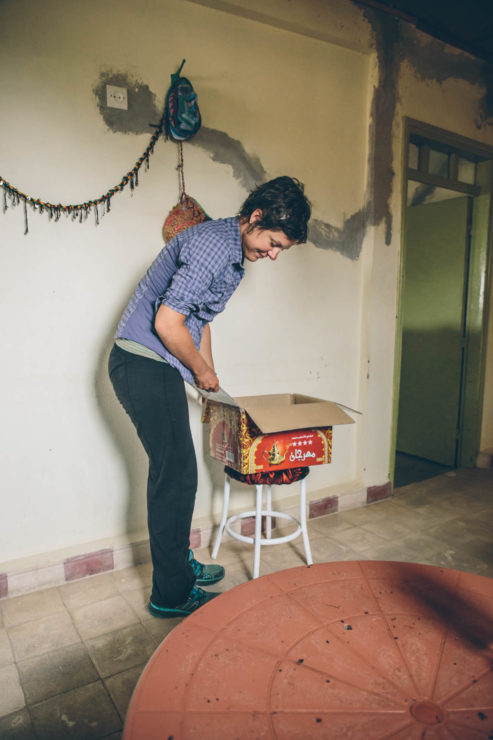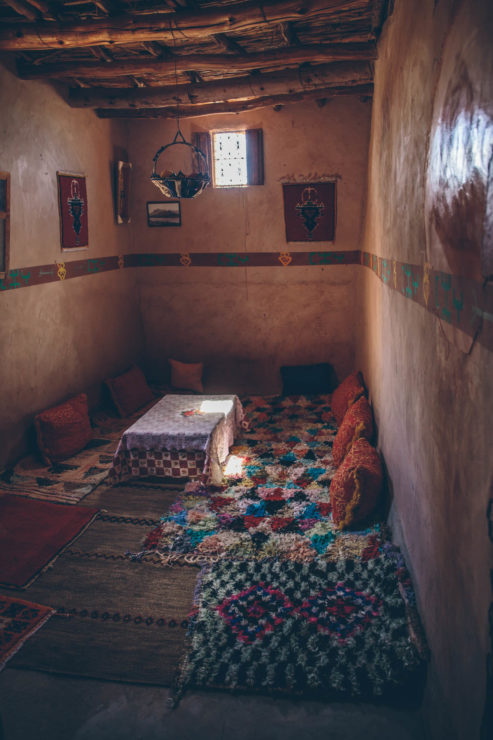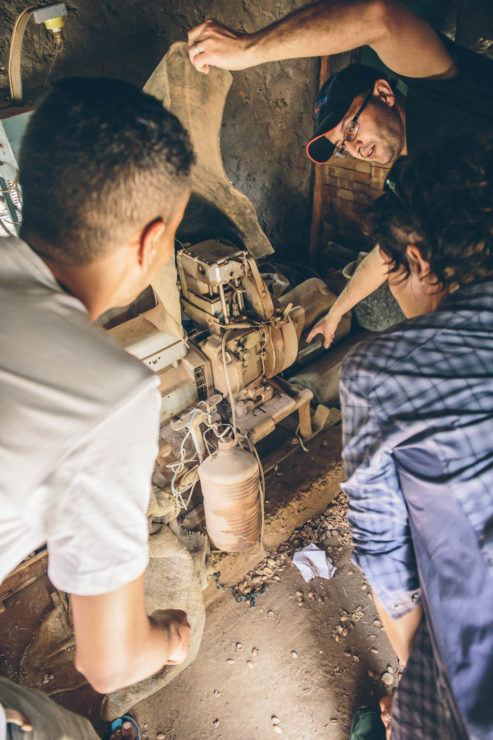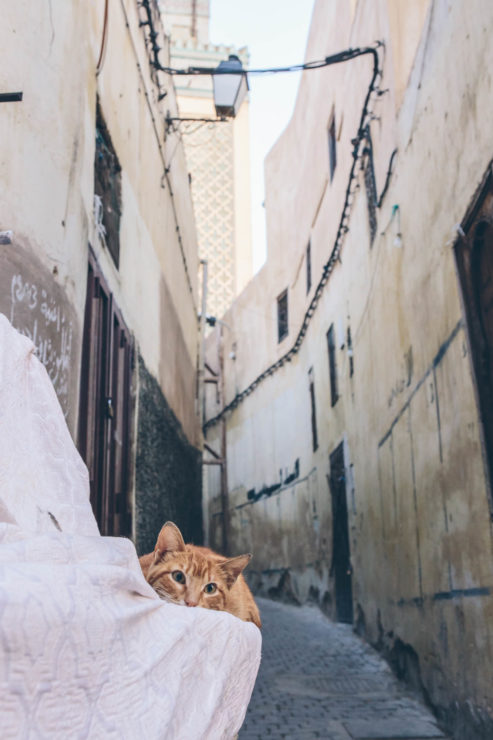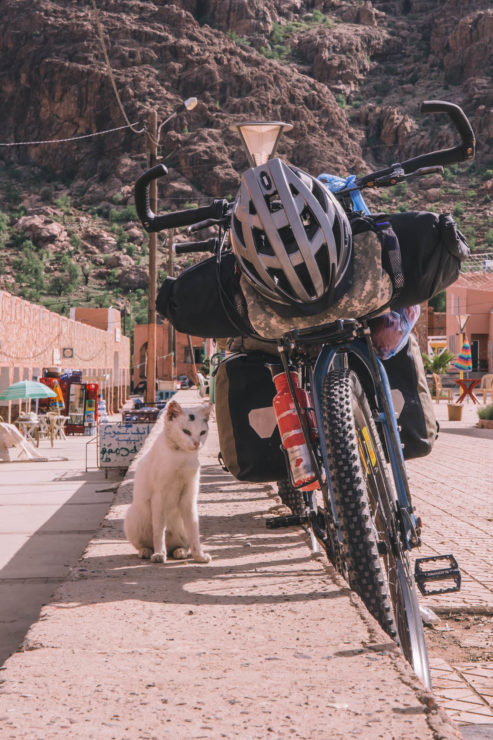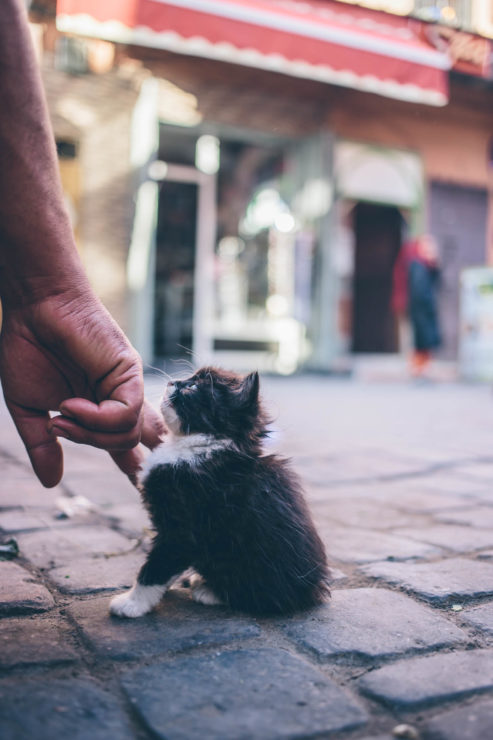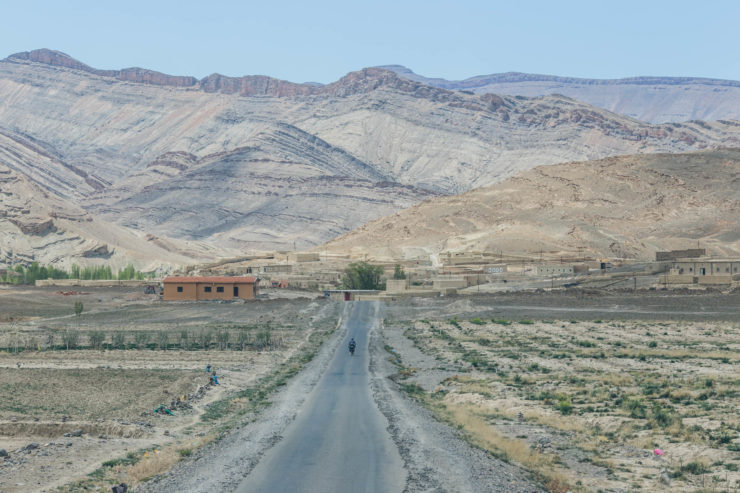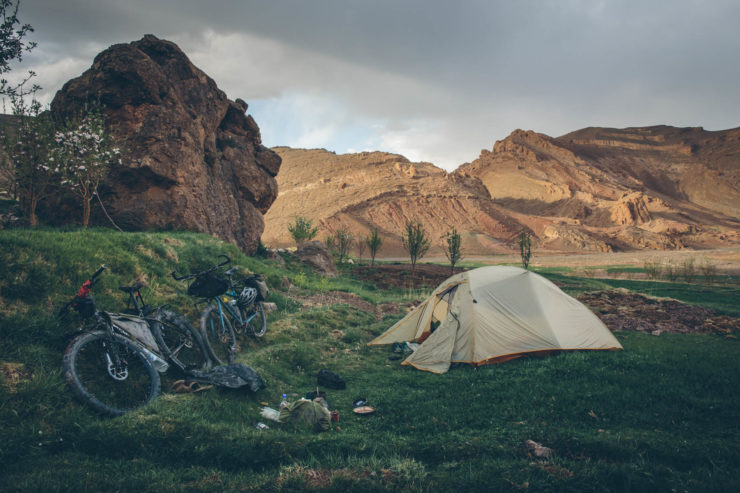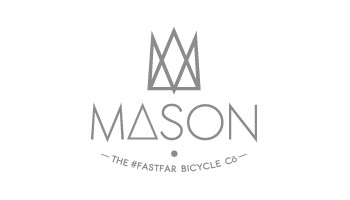Roadside Intervention: Bikepacking With Keith Richards
When you travel a lot, you see a lot of roadkill. When you travel on a bicycle, you see that roadkill in shocking detail. In our latest feature story, Logan and Virginia try to take matters of life and death into their own hands. Read their account of a roadside euthanasia gone wrong and the exceptional series of events that followed…
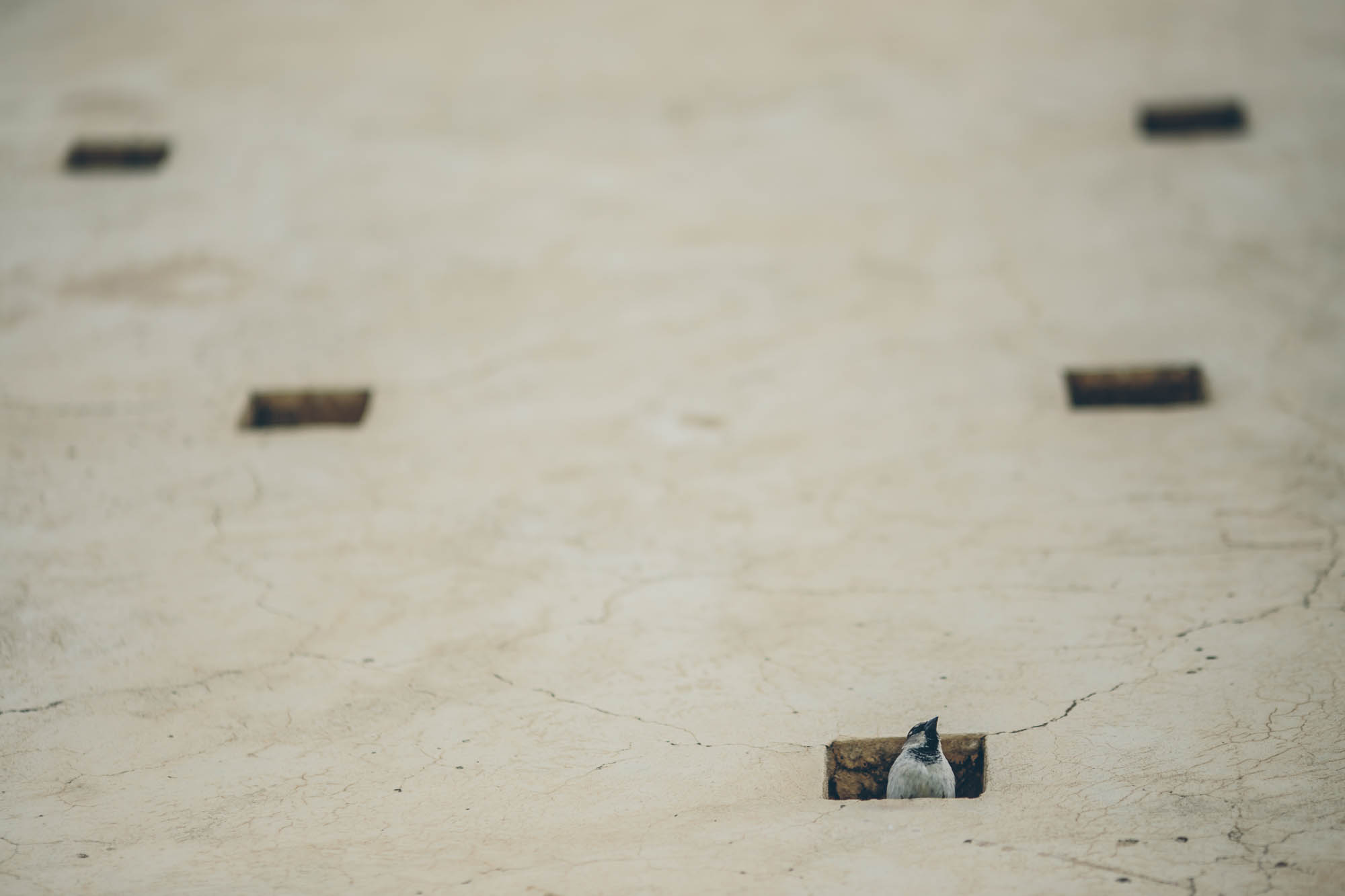
As we pedaled along stretches of pavement in Mexico and Central America on our first bike tour, I started getting a little obsessed, almost excited, when I saw an animal corpse approaching on the distant tarmac. I’m not one of those morbidly curious types; I’m actually quite squeamish when it comes to blood and guts. But, it was like an exotic zoo… a colorful tropical bird, a menacing viper, a bloated dog, a furry lump of something unrecognizable. Some fresh, some already decomposed, and some, nothing but a greasy sheen ironed to the pavement. All of them as vivid as day. Ever since we started moving on that first tour, I was convinced that we’d encounter an animal that had recently been winged by a passing car and I’d have to do the unthinkable to relieve its pain. There is nothing worse than watching an animal suffer. I knew it would happen, one day.
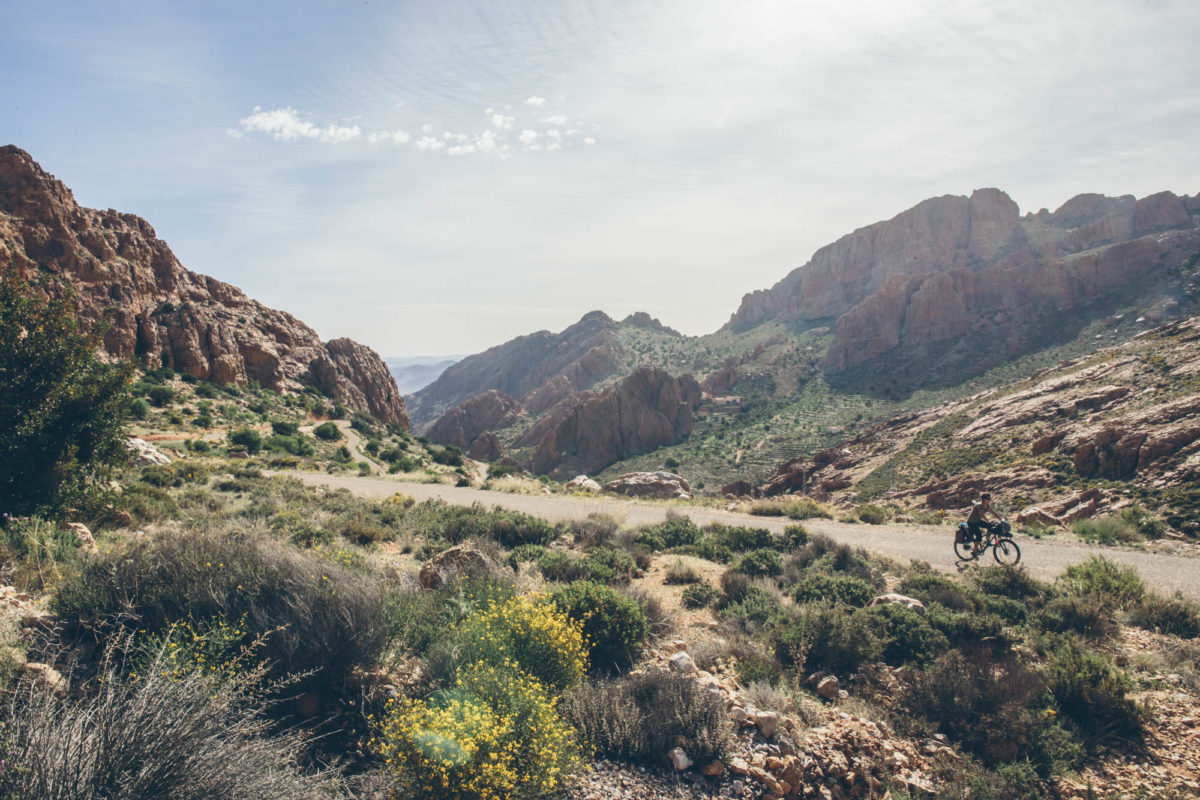
On a road trip in Colorado about 15 years ago, Gin and I came around the corner and there it was, a mule deer that had just been hit. In pure agony, it was bashing its head against the pavement. Its teeth gnashed in pain, all too closely resembling the central figure in Picasso’s Guernica. My gut was already in my throat as we pulled over. The car that had hit the deer was long gone, and we were the only ones on a lonesome stretch of road nestled in an evergreen forest. It had to be done. How was I going to do it? With Ginny in hysterics, I proceeded to search for the tire iron and started trying to mentally prepare myself. As I was approaching the pained animal, a pickup appeared and stopped. To my great relief, a man emerged, rifle in hand. We were already speeding away before the shot was fired.
Then, in 2014, we experienced another close call. Pedaling a long stretch of road in Malawi, high grass flanking the shoulder, I saw a young goat in the road about 100 meters ahead, and assumed, or hoped, that it was just resting. It wasn’t nearly as terrifying as the mule deer incident, but it was certainly suffering. Luckily, another man was already in the process of finding the family that owned the goat. No doubt it was dinner that evening.
Halfway into our first day of cycling in Morocco, I was sure it would be my day. We were huffing up a fairly large climb on the approach to the Anti-Atlas Mountains in southern Morocco. There he was, a tiny white kitten, barely a month old. He was panting heavily, lying on the centerline of the black tarred road. When Gin scooped him up, he let out a painful cry. Something, or everything hurt. Placing him on the side of the road, it was immediately clear that this little guy had some major problems. His legs weren’t working. His hind end looked to be partially paralyzed as he staggered and drug himself about a foot from where she lay him. Was it a broken leg, or was he affected by some neurological damage?
We had no way of knowing how he had met his unfortunate fate. There were no houses or farms anywhere in sight. Maybe he was just tossed out of the window of a passing car? We gave him some water and tried to assess the situation. After flagging a couple of cars and being refused any help, we realized that we alone would be responsible for helping this little guy ourselves. No one was going to take him home. There were no emergency veterinarians to be found (perhaps if he was a goat or a cow, but certainly not for a cat). We weighed the options. We were still far from the next village, and the kitten was definitely going to die. We had no other choice. We would have to do the unthinkable.With Gin sobbing, I looked around for the perfect rock. There were no “perfect” rocks. I stood there for a few minutes and contemplated other means of putting this little guy out of his misery. As it turned out, I just couldn’t do it. Then, Gin remembered that we had a couple of sleeping pills she had brought on the trip to help muffle early rising roosters. Maybe those would do it? We shoved two of the Halcion (and one Oxycodone for good measure) down his tiny throat and waited while he went to sleep. The sleep came almost instantly. After about a half hour, he started taking a big breath, followed by several seconds of nothing. The end looked imminent, but his tiny body just wouldn’t give in. The sun was getting low in the sky and we had to move. We didn’t have the heart to leave him without knowing what would be the final outcome of the pills we’d given him, and I didn’t have the balls to do it the other way. Gin wrapped him up in her sun hat and tied him to her handlebars in a sort of makeshift hammock, and the three of us pedaled off together.
After about 40 minutes of sleep, he woke up and started looking around as we rolled through rocky hills filled with scrub and argan trees. We arrived in a small village at dusk and found a cheap hotel. After checking in, smuggling the kitten past the desk clerk, we used a small end table and chair to make an enclosed area on the floor for him. He would try and walk around for a few seconds, stumble, run into a wall, and then fall asleep. Eventually, he slept all night. When I turned the light on before sunrise, I was sure he’d be dead. Nope. He was still breathing. Our first thought was to leave him in an abandoned lot next to the hotel with some food and water, but we knew this kitten could not survive on his own. After briefly deliberating our second idea, leaving him in a box with a note for the maid, we knew that euthanizing him was the only humane solution.
We had heard about the hospitality of the Moroccan people, but we had just started riding and had yet to see it first hand. We definitely weren’t expecting the level of warmth that we would experience that day. There was a local medical clinic a few doors down from the hotel, so we thought we would ask if they could provide medicine to finish the job. The attending nurse didn’t speak English, so she retrieved her brother to translate. Once we told the story of how we came upon the kitten, they seemed very surprised that we had taken such effort for a cat. In a country where many people live in poverty, lacking proper nutrition and housing, much less good medical care, the management of an injured cat is simply not a priority.
In any case, Gin’s tears translated our differences. A friend of the brother stopped in and said he could take us to a local veterinarian. We piled in his car with the kitten in a used teapot box with Arabic lettering. After driving around the block, the friend of the brother got a call on his mobile and let us know that the vet was out of town. The two men spoke to each other for a while and we asked, using hand gestures, Spanish and French(ish), if they knew another way to have the cat euthanized. I actually asked if one of them would be willing to kill him (picture the classic finger across the throat hand gesture). Our new friend sheepishly admitted that he just couldn’t do it, either. He told us that that isn’t how it works in the Islamic faith. You don’t take the life of something that was created by the creator. Allah takes life when it is time. The driver then said he could take us to his sister, who was evidently an animal lover.
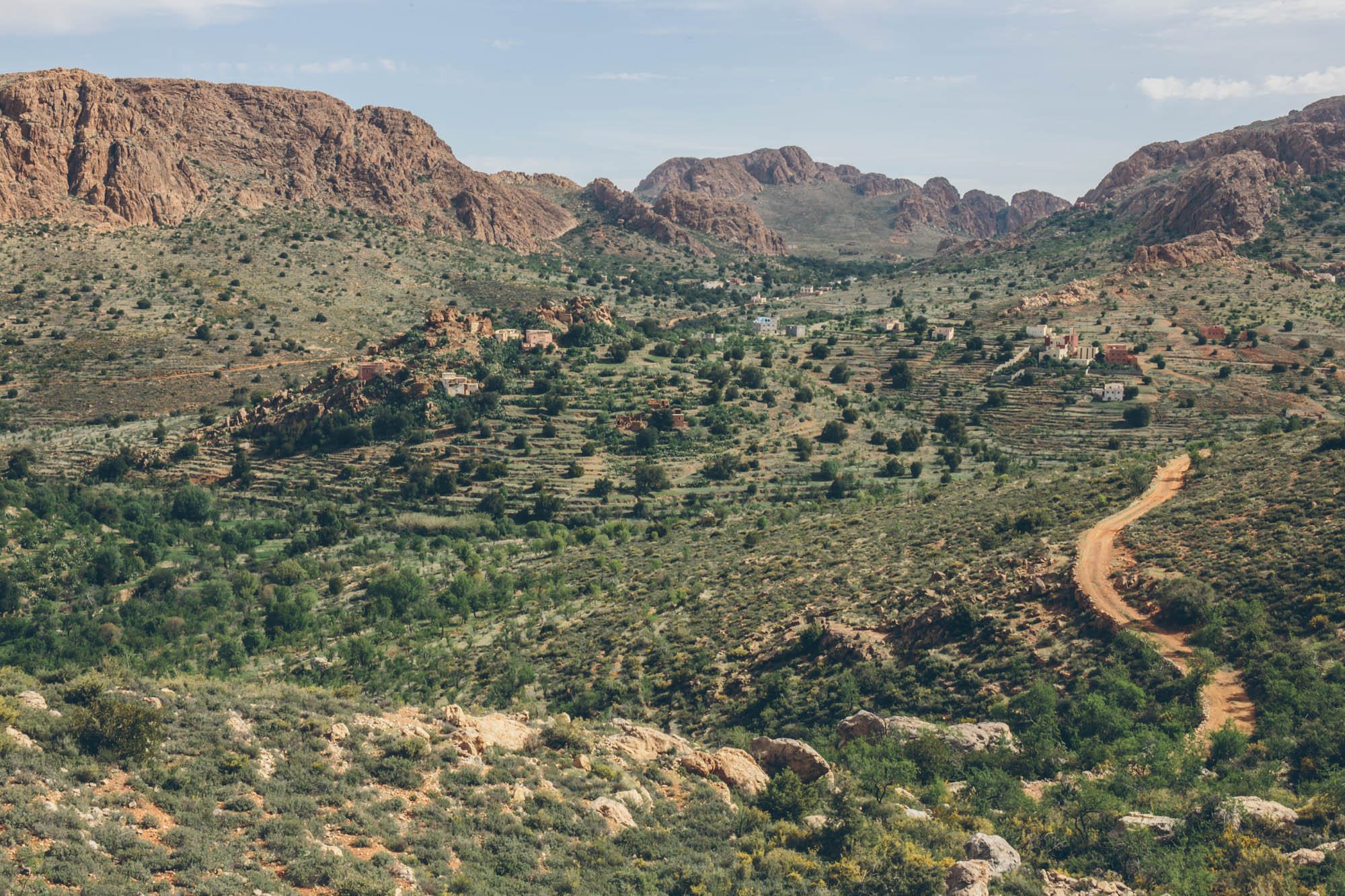
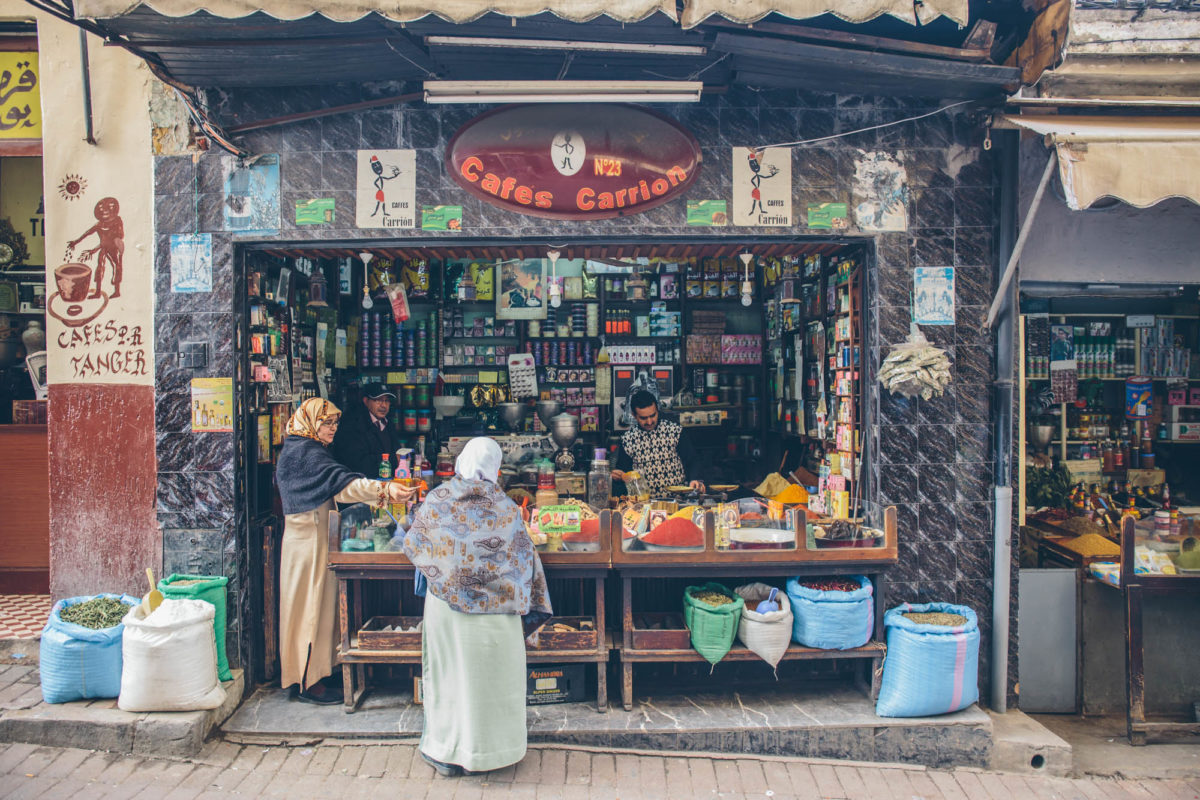
He drove us out into a small suburb, an ancient villa nestled in the scrubby hills above town where newer concrete buildings finished in traditional window dressings were built on top of old stone buildings that towered above the desert landscape. The gate to the compound was alive with purple bougainvillea and the gardens were full of olive and cacti. We were invited inside and sat in the main gathering room, placing the box holding the kitten on a small metal stool. It seemed like some kind of wake as everyone sat quietly around the box, each individually getting up to peer inside. The young kids all stood on their tiptoes, quickly looked in, then looked at us and smiled cluelessly.
The driver’s sister and two other female members of the family served freshly squeezed orange juice and a selection of cookies, the most interesting of which were neatly made rings carefully sculpted into ouroboros, the circle of life symbol represented by a snake eating its own tail. After awkward introductions and translations from English to French to Arabic, it was insisted that we stay for lunch. It was Friday (Jummah, the Islamic day of congressional prayer), and the women were working on a large meal to celebrate their annual family reunion. After a tour of the 200-year-old family house, also in the compound, lunch was served. It was a meal of traditional couscous with goat meat and roasted vegetables, all served in a large communal platter. Women in one room, men in another.
The remainder of the day was full of laughter, learning, and a beautiful family who embraced our differences and wanted nothing more than to ease our minds. The day almost ended perfectly… we would leave with smiles on our faces and the kitten would be cared for by the sister of the friend of the brother of the nurse attendant. But, it didn’t really work out that way. As we prepared to be driven back to the village and our hotel, we were saying our goodbyes to Keith—we named him Keith Richards because he survived a shitload of drugs—and he didn’t really look so good. He wasn’t dead, but he wasn’t very alive, either. He acted just like he had within that first hour of consuming all those pills. He was breathing, albeit very slowly, and would move if picked up, but we were convinced that he wouldn’t make it much longer.
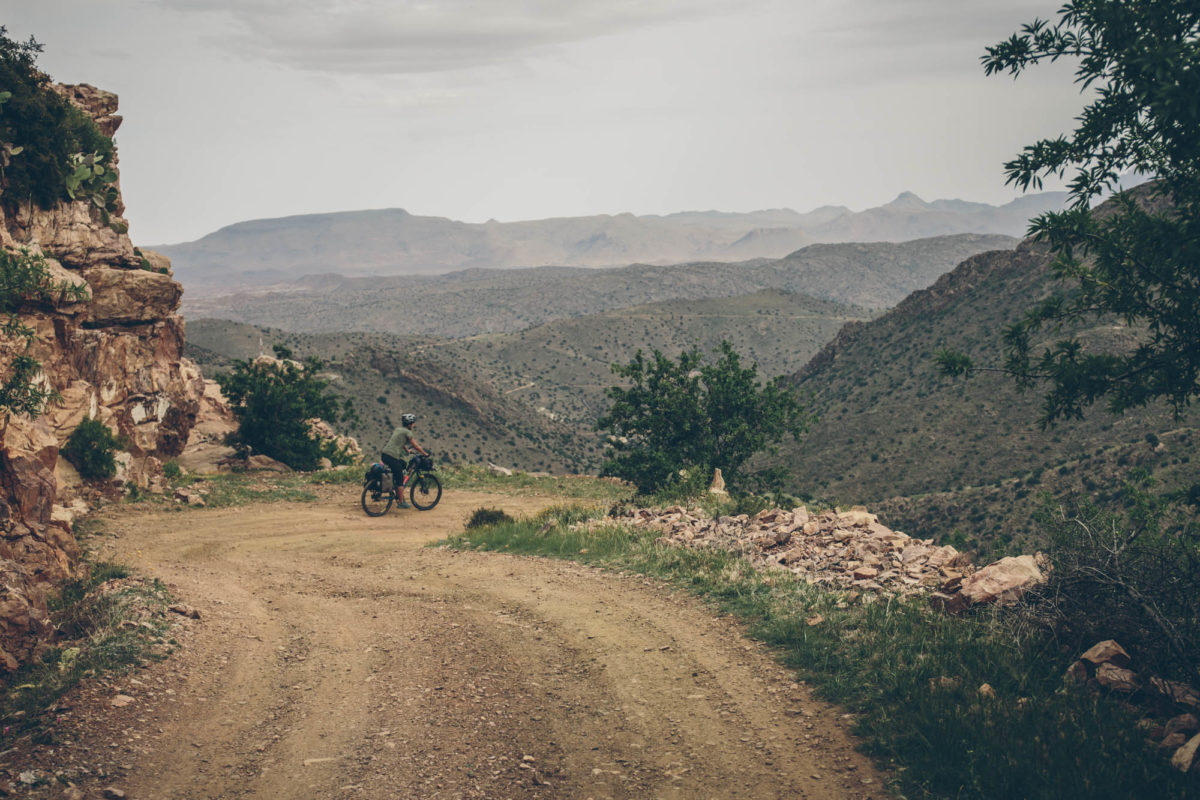
Later that evening we were taking a walk in the village when we ran into the friend of the brother (the brother of the sister who now has the kitten). He showed us his shop, and we thanked him again for the day in broken Arabic. Using hand gestures, we asked how the cat was doing. He wasn’t sure, but said in French, hand gestures, and minimal broken English, something to the effect of, “Today you are happy. If today he lives, then that is okay. If today he goes to sleep, then that is what happens. Life is life.”
P.S. We received an email some time later from the one of the family members, letting us know that Keith was still alive and doing much better. We haven’t heard back since, but my bet is that he is alive and well… although he may be battling a drug addiction.
This story was originally published in 2014, and was revised and updated with new photographs for this feature story. If you’re interested in the route depicted here, make sure to check out the Route of Caravans, Morocco Traverse.




